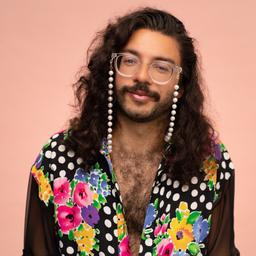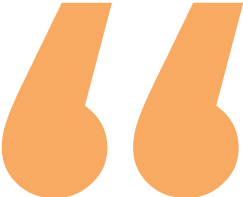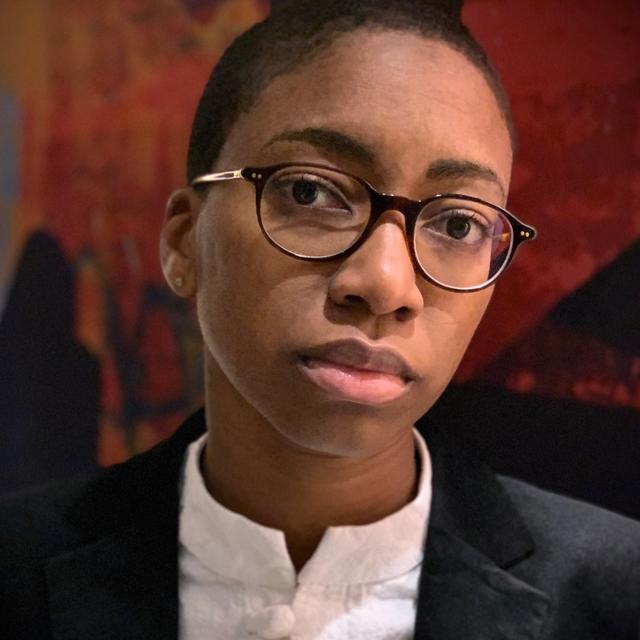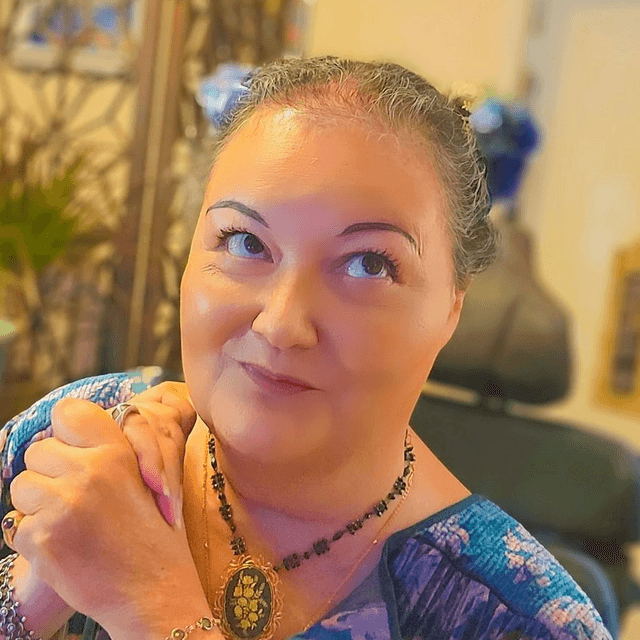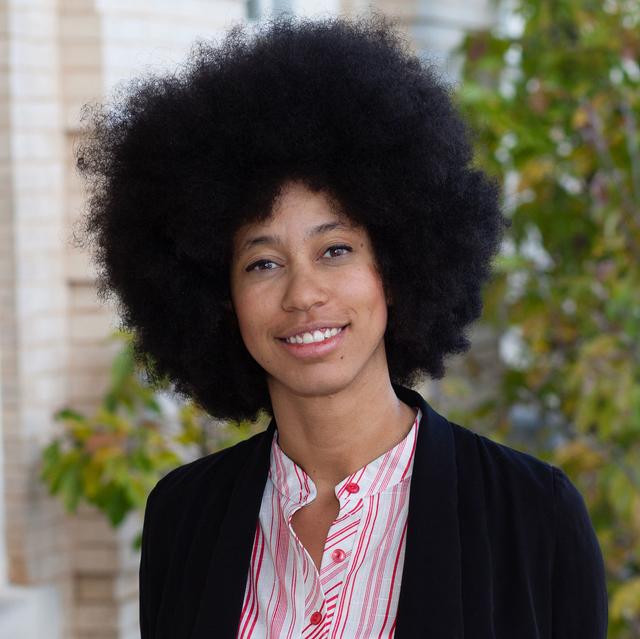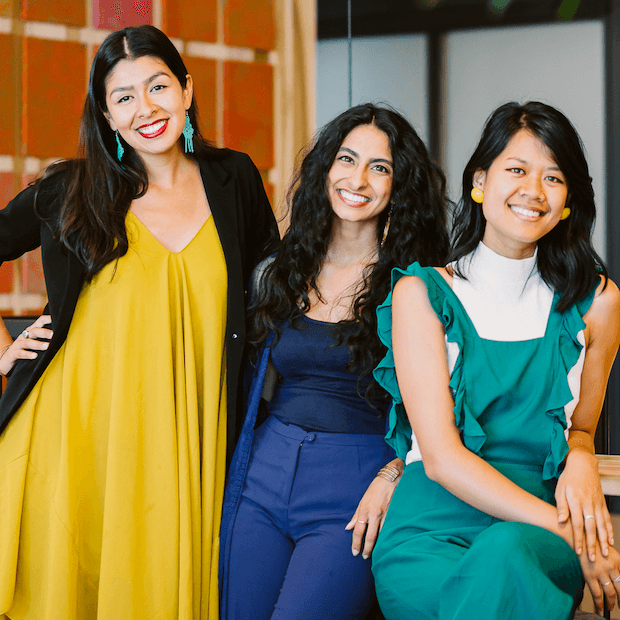Alex Locust is a Black biracial, queer, disability justice educator, activist, and "Glamputee" who celebrates the harmony of his identities to help create the world they want to see.
Born disabled (above-the knee-amputee), Alex learned to navigate an ableist world that told him and other disabled people harmful, violent, and reductive ideas around which bodies are worthy and which bodies are beautiful. Armed with bombastic charm, whimsical humor, and a sharp wit, Alex synthesizes his lived experience with professional insight to educate others on how to adopt a disability justice framework that builds community and empowers fellow disabled folks.
Alex offers a series of workshops and lectures that foster empathy and are grounded in cultural humility and intersectionality. He creates spaces that model comfort and ease while exploring complex topics such as disability justice, microaggressions, harm reduction, and cross-movement solidarity.
With an M.S. in Clinical Rehabilitation and Mental Health Counseling, his approach highlights those who have been silenced and invisibilized while also activating those with privilege and power to recognize how to disrupt oppression and promote cultural shifts. Alex creates an environment that is both engaging and comfortable, adapting to the audience so they leave with newfound knowledge and awareness.
While earning his Masters of Science degree, Alex was honored with the Peggy H. Smith Distinguished Graduate Student award and named Graduate Student of the Year from the National Council on Rehabilitation Education.
Crip/Queer Survival Strategies as Star Maps for Charting a Path to Accessible Cultures in Higher Education
It is an understatement to say that navigating higher education can feel like a convoluted gauntlet, especially for multiply marginalized students. Concepts like barriers to entry, inclusion and belonging, and retention may be framed as keys paramount to students’ success for universities, but how do these institutions perpetuate exclusionary practices? Rather than treating these issues as inherent rigors for students to overcome, we could instead turn to frameworks, such as queer and crip survival strategies, to offer models for accessibility in these settings. With QTBIPOC students navigating the impacts of racism compounded by homophobia, transphobia, and/or ableism, the inequities to achieve, thrive, and maintain wellness mount exponentially. In order to upend these dynamics and foster a more fruitful culture for learning, growth, and community building within academia, it is imperative that we turn to the untapped wealth of knowledge within the communities most impacted by the sharp end of injustice.
Queer and crip survival strategies (such as mutual aid efforts, community skill sharing, and collective resourcing) offer a star chart for us to follow as a guide for creating more accessible spaces. In this session we will be naming three sources of inequities that QTBIPOC students are likely to encounter in their academic journeys (food insecurity, public safety issues, and mental health issues) and will then highlight grassroot initiatives and institutions who have adapted these frameworks.
This session is intended for anyone invested in shaping environments to center the needs of those most marginalized and dreaming up best practices informed by revolutionary, justice-oriented, community models. Knowledge of queer theory and crip politics is beneficial, but not required.
A Leg Up on Disability Justice
This talk expands our frameworks to promote human rights and provides an introduction to disability justice as an essential ingredient to realize true social change. Alex invites reflections around accessibility, interdependence, cross-movement solidarity, and celebrating wholeness to deepen your justice efforts and foster equitable spaces for all body/minds.
Spill the Disabili-Tea
Spill the Disabili-Tea is an interactive workshop designed to elevate knowledge of disability justice and provide a space to apply this lens to the inclusive practices of various community spaces. Alex draws upon his lived experience, education, and advocacy skills to lead a candid conversation that can include the following questions:
• Who is "disabled" and what creates that experience?
• What is "disability justice?"
• What's the "right way" to interact with people with disabilities?
• How do we navigate "microaggressions?"
• What's the difference between "access" and "inclusion?"
• Is disability a cultural experience and how can that intersect with other cultural identities?
• How can I integrate these skills in the community?
Demystifying Microaggressions (Part 1)
This introductory session explores and demystifies the complex phenomenon of microaggressions, particularly as they occur in creating inclusive communities. Vignettes and examples from pop culture and the news will be used to offer insight into how microaggressions can show up for BIPOC, women, disabled people, and members of the 2SLGBTQ+ community. Additionally, key frameworks such as intersectionality and cultural humility will also be introduced to ensure the audience can root their efforts in centering the emotional experience of people most impacted by these dynamics. Ultimately, the goal of this presentation is to empower attendees to begin engaging their respective communities in these challenging, yet important dialogues. Attendees will leave with an increased awareness of respectful language and behavior as well as strategies to promote environments where community members can be open and engaged in encountering differences across cultural experiences.
Disrupting Microaggressions (Part 2)
This workshop serves as a follow up session introducing the concept of microinterventions. This range of actions and behaviors serve as opportunities to disrupt, interrupt, and repair the damage caused by microaggressions. After reviewing the four key strategies of microinterventions, the group will engage in an interactive activity to create a living reference tool for promoting microinterventions within various communities and situations.
